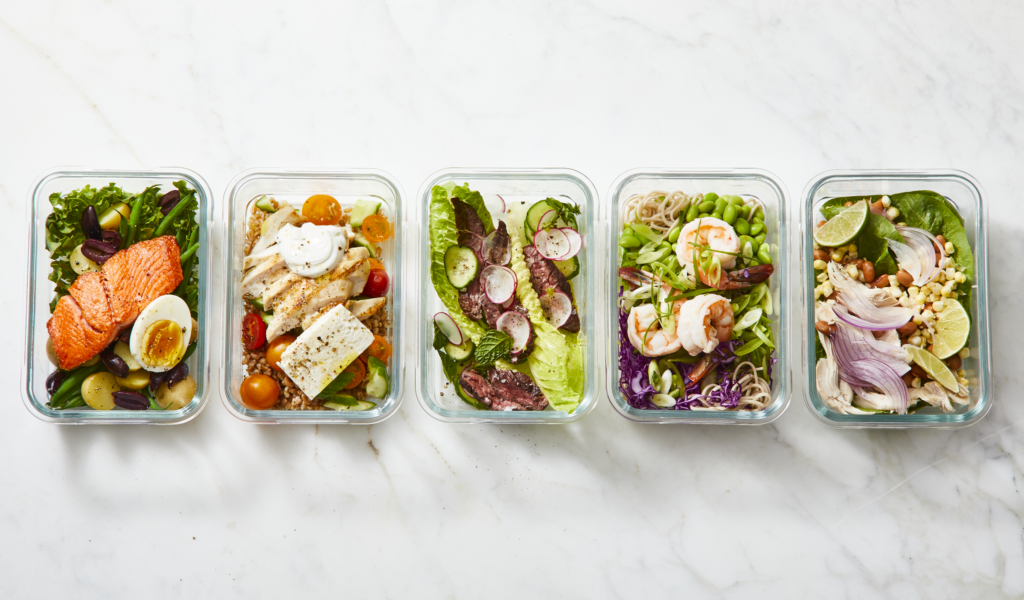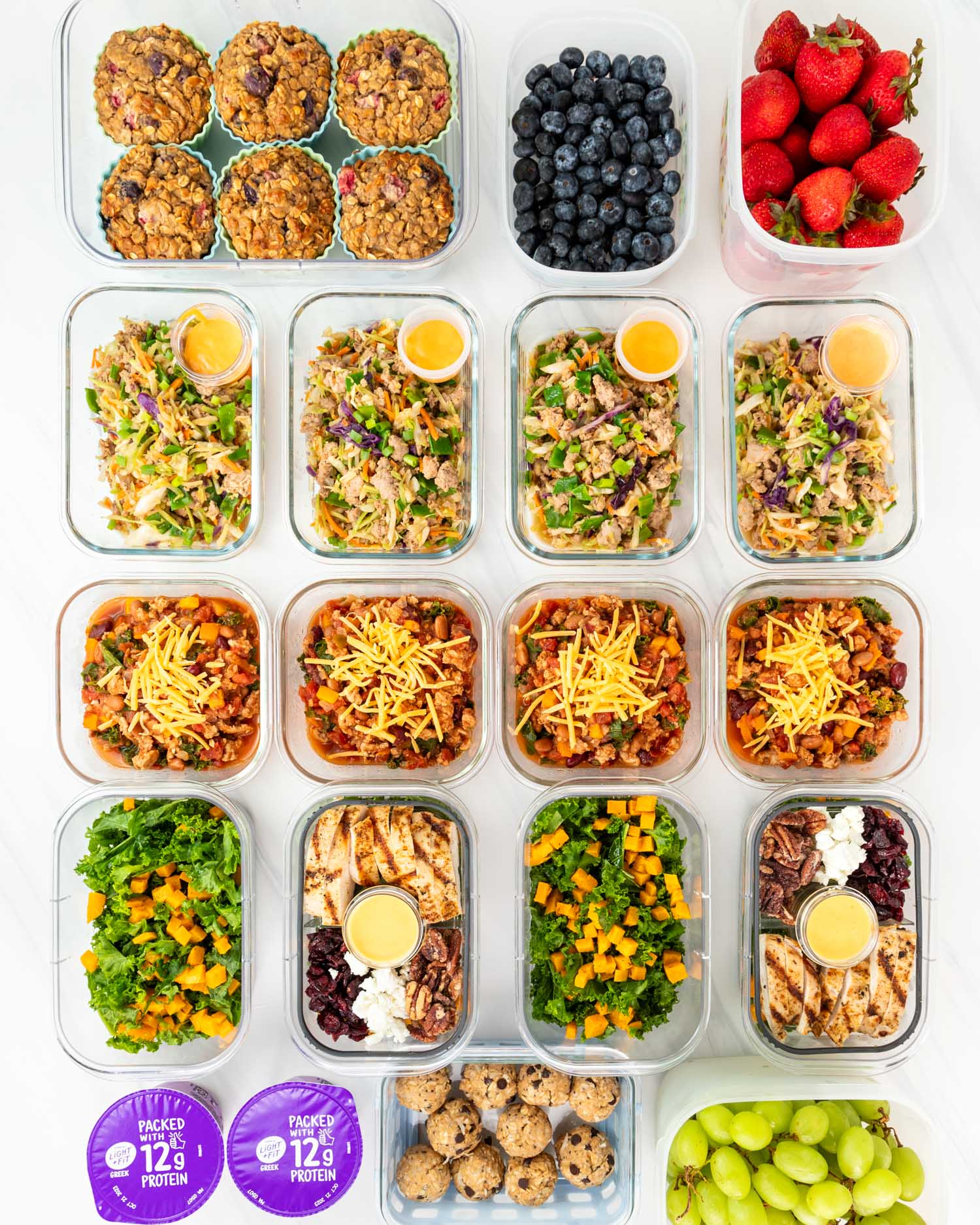
When I first entertained the idea of meal prepping for the week, I wasn’t convinced it would make much of a difference. Would it actually save time? Could I maintain the habit long-term? Months later, I can confidently say meal prepping has surpassed my expectations, offering unexpected benefits.
One of the most significant advantages has been reducing decision fatigue. Before meal prepping, I wasted unnecessary mental energy daily just figuring out what to eat. Now, with ready-to-eat meals, it’s one less decision to make.
Another unexpected benefit has been the positive shift in my eating habits. With pre-portioned meals, I’m less likely to overeat and more inclined to choose healthy options. Even on busy days, I can depend on balanced, home-prepped meals instead of resorting to unhealthy snacks or takeout.
Strategies for Effective Weekly Meal Planning
Like any lifestyle change, sticking to meal prep takes commitment. Here’s what has worked for me:
- Start small: I began by preparing just two or three meals a week. This made the process manageable and gave me confidence.
- Stick to simple recipes: Gourmet cooking isn’t necessary. Straightforward dishes like roasted veggies and grilled chicken are both effective and easy.
- Create a routine: I set aside Sunday afternoons exclusively for meal prep. Scheduling this time has been key to staying consistent.
Consistency is essential, but it’s okay to take breaks. There are weeks when I prep less or skip it entirely, and that’s perfectly fine.
Common Meal Prep Mistakes and Solutions
Over the months, I’ve made plenty of mistakes while learning to meal prep. Here are the most common pitfalls and how I’ve addressed them:
- Over-prepping: In the beginning, I tried preparing five different dinners each week, which quickly became overwhelming. Now, I stick to two or three main meals and rotate them.
- Ignoring snacks: Initially, I only prepped meals, which left me reaching for unhealthy snacks. Now, I also prepare healthy snacks like boiled eggs, trail mix, or sliced veggies with hummus.
- Postponing cleanup: Leaving the kitchen messy for “later” made the process stressful. Cleaning as I go has transformed my experience.
Making these small adjustments has made meal prepping both more enjoyable and more effective.

